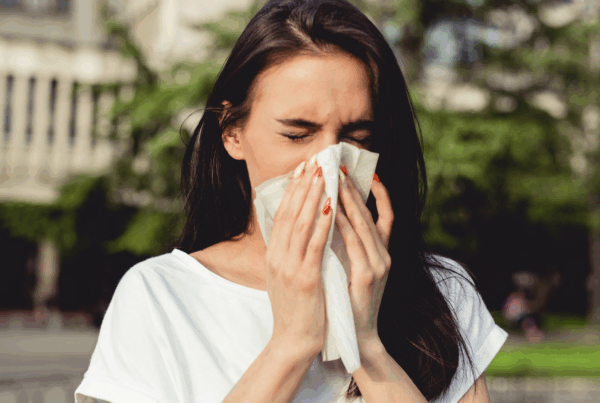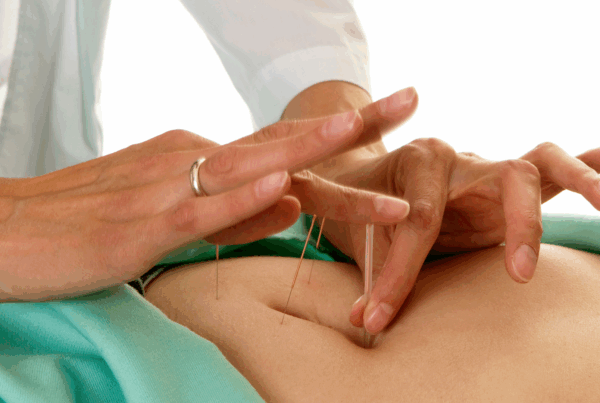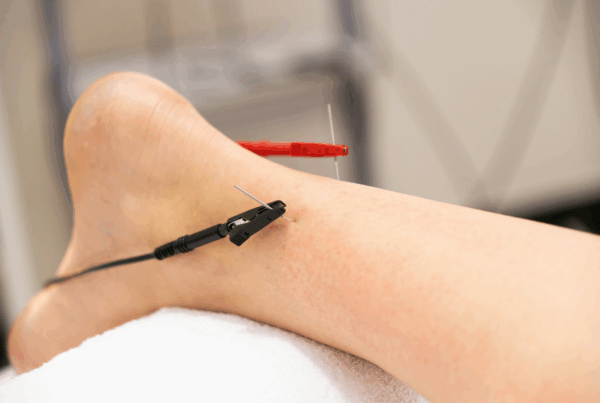
Postherpetic Neuralgia (PHN) is a painful condition affecting nerves and skin. It happens as a complication of shingles, which is caused by the same virus that gives you chickenpox, called the varicella-zoster virus. After someone gets chickenpox, the virus stays inactive in nerve tissue near the spinal cord and brain. Later in life, the virus can wake up again and cause shingles.
Postherpetic neuralgia occurs when the nerves damaged by the shingles rash send too many pain signals to the brain for a long time. This results in persistent and often severe pain in the area where the shingles rash was. The pain can feel like burning, shooting, stabbing, or electric shocks. Sometimes, even a light touch or clothing brushing against the skin can cause intense pain. The severity and how long the pain lasts can be very different for each person.
Postherpetic Neuralgia: Signs & Symptoms:
Postherpetic neuralgia (PHN) is a condition when pain lingers after a shingles outbreak. Symptoms may include:
Constant or On-and-Off Pain:
Pain can vary but usually stays in the area where the shingles rash was.
Burning Sensation:
Many people with PHN describe their pain as burning.
Sharp, Shooting, or Stabbing Pain:
The pain might feel sharp and shoot along the nerves.
Sensitivity to Touch or Pressure:
Even a light touch can cause increased pain in the affected area.
Itching or Tingling:
Some people feel itchy or tingly in the area, making the pain worse.
Numbness or Loss of Feeling:
PHN might cause numbness or less feeling in the affected area, making it hard to sense touch or temperature.
Muscle Weakness:
Pain and nerve damage can lead to weak muscles if the nerves control those muscles.
Trouble Sleeping:
Pain from PHN can make it hard to fall asleep or stay asleep.
Fatigue:
Chronic pain can be very tiring, both physically and emotionally.
Difficulty Concentrating or Memory Problems:
Persistent pain can make it hard to focus, remember things, or stay on task.
Mood Changes:
Living with chronic pain can lead to depression, anxiety, irritability, or mood swings.
Decreased Appetite or Weight Loss:
Pain and its symptoms might reduce appetite, causing weight loss.
Headaches:
PHN pain can sometimes cause headaches, either in the affected area or as tension headaches.
Flu-like Symptoms:
Some people might feel like they have the flu, with fever, chills, body aches, and fatigue.
Swelling or Redness:
Inflammation in the affected nerves can cause swelling or redness.
Blistering or Rash:
In some cases, people might have blisters or a rash in the affected area, especially when pain or stress increases.
Sensitivity to Temperature Changes:
Changes in temperature, like cold or heat, can make the pain worse.
Difficulty with Daily Activities:
Chronic pain can make everyday tasks hard and might need adjustments to handle the limitations.
Not everyone will have all these symptoms. They can vary widely among people, and some might only have a few, like pain, burning, or numbness. Because PHN is complex, it’s important to see a healthcare professional for a proper diagnosis.
How ACU helps:
Benefits of Acupuncture for Postherpetic Neuralgia (PHN)
Pain Relief:
Acupuncture will increase the release of endorphins, the body’s natural painkillers. This will help reduce the pain caused by postherpetic neuralgia (PHN).
Reducing Inflammation:
Acupuncture will cause the body to release substances like adenosine and cortisol that reduce inflammation. This will help ease pain and discomfort in the affected nerves.
Improving Blood Circulation:
Acupuncture will boost blood flow to the painful area, helping to deliver oxygen and nutrients to the damaged nerves and promoting healing.
Relaxation and Stress Reduction:
Acupuncture will help you relax and lower stress levels, which will decrease muscle tension and improve overall well-being, potentially easing PHN symptoms.
Nerve Regeneration:
Studies suggest that acupuncture will help repair damaged nerves by promoting the production of nerve growth factors, which will reduce pain over time.
Modulating Neurotransmitters:
Acupuncture will influence neurotransmitters like serotonin and norepinephrine that are involved in pain perception, helping to regulate pain signals in PHN patients.
Enhancing Immune Function:
Acupuncture will boost the immune system by increasing the production and activity of immune cells, helping the body fight the herpes zoster virus and reduce PHN symptoms.
Increasing Endogenous Opioids:
Acupuncture will stimulate the production of natural pain-relievers like beta-endorphins and enkephalins, which will reduce pain sensation.
Improving Sleep Quality:
By reducing pain and promoting relaxation, acupuncture will help improve sleep quality, which is important for managing PHN symptoms.
Enhancing Tissue Repair:
Acupuncture will promote healing by increasing blood flow and stimulating the release of growth factors, aiding in the repair of damaged nerves.
Regulating Neurotransmitter Levels:
Acupuncture will help balance neurotransmitters involved in pain transmission, like glutamate and substance P, which will reduce pain and discomfort.
Decreasing Sensitivity to Pain:
Acupuncture will help desensitize nerve endings, potentially reducing the perception of pain and alleviating discomfort in PHN patients.





